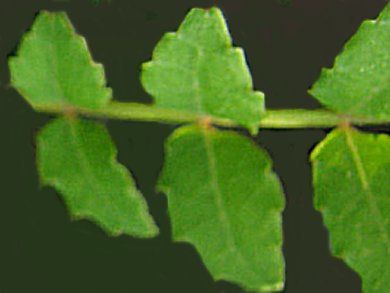Essential oils, volatile plant secondary metabolites, possess antimicrobial properties. Thus, they can be used as natural preservatives to prevent the growth of pathogenic microorganisms contaminating food.
Je-Hyuk Lee and colleagues, Duksung Women’s University, Seoul, Korea, investigated the antibacteric effects of the essential oil derived from Zanthoxylum piperitum A.P. DC, a plant belonging to the Rutaceae family. All the oil’s components, namely limonene, α-pinene, geranyl acetate, citronellal, and γ-terpinene, were active against bacteria belonging to the Bacillus specie. With the exception of γ-terpinene, all the other compounds inhibited also the growth of several other foodborne pathogens like Listeria monocytogenes, Staphylococcus aureus, Aeromonas hydrophila, Vibrio vulnificus, Vibrio parahaemolyticus. Limonene and α-pinene, moreover, were as well effective against the bacteria Salmonella.
Due its broad and potent antibacterial activity, Zanthoxylum piperitum’s essential oil may thus be a valuable food preservative.
- Antibacterial effects of natural volatile essential oil from Zanthoxylum Piperitum A.P. DC. against foodborne pathogens,
J. Lee, M. Jang, J. Seo, G.H. Kim,
J. Food Biochem. 2012, 36 (6), 667–674.
DOI: 10.1111/j.1745-4514.2011.00581.x



